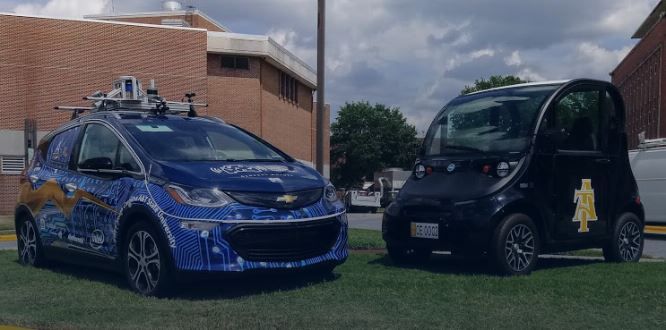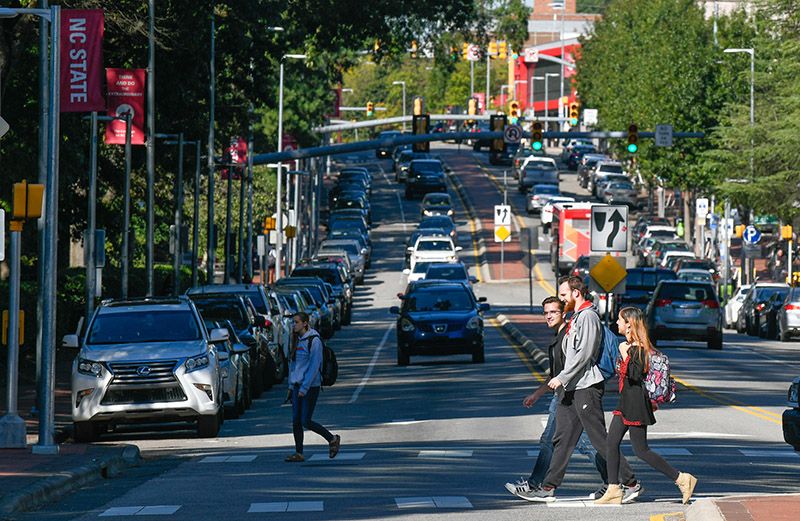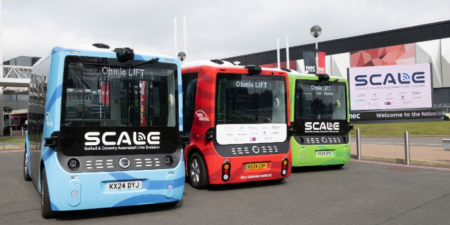The North Carolina Department of Transportation (NCDOT) has selected research programs at three public universities to each receive US$1m grants to study the state’s future transportation challenges and develop ways to improve safety and mobility.
NCDOT has chosen North Carolina State University, North Carolina A&T State University, and the University of North Carolina at Chapel Hill to spearhead the multi-university research initiatives over the next three years, starting in early 2020. Known as the University Transportation Centres of Excellence, the three universities leading the research initiative will work with transportation experts at Appalachian State University, North Carolina Central University, the University of North Carolina at Charlotte, Duke University and Fayetteville State University.

Much of the research will focus on new technologies, such as connected and autonomous vehicles (CAVs), which are changing the transportation industry significantly. As North Carolina’s population grows, more people are converting to electric, hybrid, and other fuel-efficient vehicles. That means the state transportation system’s main source of funding, the motor fuels tax, is not sustainable. Each centre will have a unique focus in the following areas:
- NC A&T will lead a study on connected and autonomous vehicle technology and the state’s preparedness for this technology. The NC-CAV Centre will be headquartered at the university’s research campus in Greensboro and will have a dedicated test-track for autonomous vehicles. Greensboro and its transportation department are also contributing funding to the centre;
- The University of North Carolina at Chapel Hill’s Highway Safety Research Centre will focus on the impact of automated vehicles and advanced technology on safety, policy, mobility and accessibility. The UNC research team will also study how autonomous vehicles will impact North Carolina’s economy and other people using the road;
- NC State University’s Institute for Transportation Research and Education will research traffic prediction, the role of autonomous vehicle fleet management, and improving convenient, reliable and safe transportation options to rural communities and underserved individuals.

“North Carolina is uniquely positioned to perform research on transportation technology and enable the progress and improvement of transportation systems while improving on the mobility and safety of our citizens,” said David Howard, NCDOT’s chief deputy secretary. “This research should lead to North Carolina having competitive advantages in a global economy.”
North Carolina Transportation Secretary, Jim Trogdon, added, “Disruptive technologies will reshape the transportation industry. This research will provide us with the data we need to prepare for these changes.”





